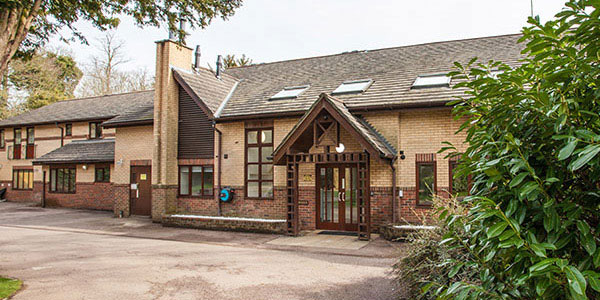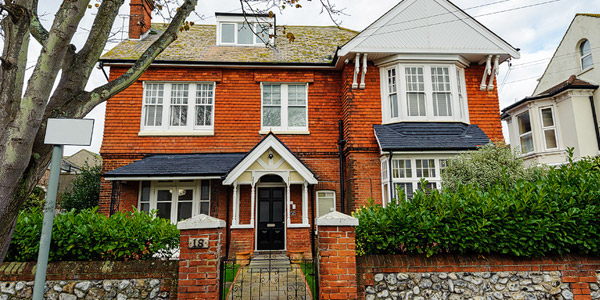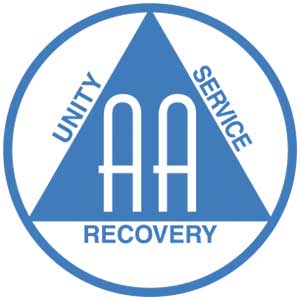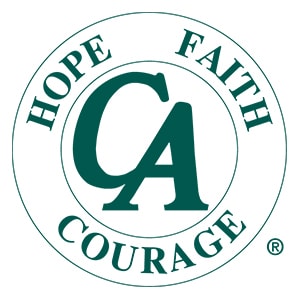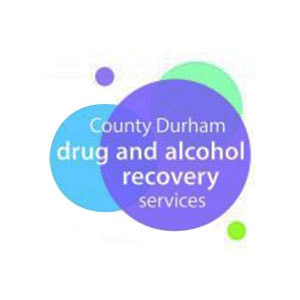Alcohol & Drug Rehab in Newbury
Nowhere in the UK is untouched by the ravages of addiction – and sadly the houses and streets of Newbury are the scene of a great deal of suffering as addiction to alcohol, illegal drugs and prescription medicines takes a terrible toll.
However, there is help for those prepared to reach out for it: in recent years an array of facilities have been set up to treat addiction and set addicts back on the path to happiness and success. If you or a loved one are struggling with this dreadful illness, don’t give up hope: read on to find out how rehab can save your life.
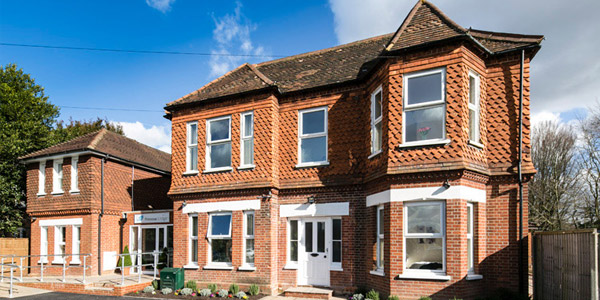
At Primrose Lodge we genuinely care that our patients make a full recovery …
- Private
- Holistic Treatment
- Onsite gym
- Residential
Featured Rehabs
Banbury Lodge is a private UKAT rehab facility based in Banbury, Oxfordshir…
The Recovery lighthouse is a 13 bedroom alcohol and drug rehab facility set…
Liberty House Clinic is a fully furbished detox and rehabilitation facility…
-
- 12 Step
- Group Setting
- Free
- Outpatient
-
- 12 Step
- Group Setting
- Free
- Outpatient
-
- 12 Step
- Group Setting
- Free
- Outpatient
- Load More
What Is Rehab?

Residential rehabilitation – “rehab” – describes addiction treatment provided at a dedicated facility, as well as being the name given to that facility itself (“going to rehab”). Treatment rehab typically comprises a detoxification (“detox”) phase aimed at removing a patient’s physical dependency, followed by therapy phase to deal with psychological addiction and to prepare the patient for their return to the outside world. Rehabs are typically aesthetically pleasing, tranquil and secluded institutions, and are of necessity confidential ones, to allow patients to focus on the recovery without worrying that details of their condition will become common knowledge in the outside world.
Because rehab is able to target both the immediacies of physical dependency and the long-term challenges of psychological addiction, it provides a very robust platform upon which patients can build permanent recoveries. As a result it is generally accepted that rehab is the most effective addiction treatment method – indeed, so closely are rehab and recovery linked in the public mind that “rehab” has effectively become synonymous with “addiction treatment” in the modern world.
How Can I Get Someone into Rehab?
It is well known that an addict is only really ready for treatment once they are able to voice a desire for help. However, the longer someone remains addicted, the higher the likelihood that their illness will have permanently catastrophic – even fatal – consequences for themselves or others. As a result it is imperative to get them help as quickly as possible.
Although the NHS can and does provide excellent addiction treatment services, demand is very high – especially in a densely populated area such as Newbury – and the waiting times for some of those services can be distressingly long. Therefore, if you or someone you know are ready to reach out to help, don’t waste any more time. Call 0800 024 1455 to speak with a professional today about some of the private options that may be open to you.
Advantages of Private Rehab
There are many advantages to rehab – perhaps too many, indeed, to list here, though some of the most important may be outlined briefly. As noted previously, rehab provides a peaceful, secluded, secure and confidential setting in which patients can concentrate fully upon their treatment and recovery, well away from the environment of daily life in which they have succumbed to substance abuse and eventually to addiction.
The first phase of rehab, following admission and assessment, is detoxification (“detox”) during which a patient is likely to go through withdrawal. Experiencing withdrawal without medical assistance is extremely dangerous; in rehab, very experienced medical professionals will be on hand 24/7 to ensure that this process is undergone a safely as possible and with the maximum degree of comfort (which may involve the provision of appropriate medication).
Once a patient’s system has been cleansed of substances of abuse, they are able to proceed to a therapy phase during which a variety of therapy methods and models may be provided – in both group and one-to-one settings – aimed at revealing and addressing the root causes of a patient’s addiction, and equipping them with appropriate defence mechanisms against relapse.
Following a stay in a quality rehab – which will also see patients provided with bespoke dietary and fitness plans along with a broad range of other facilities – a recovering addict will benefit from a year’s free aftercare, on the basis that recovery is not complete simply upon leaving rehab, but is an ongoing process requiring constant dedication.
What Does Rehab Cost in Newbury?
The cost of private rehab in or near Newbury can vary significantly by treatment programme, and depending on which of a variety of optional extras are selected. As a rough guide, standard costs range from between £5,500 and £11,000 per month, though the cheapest rehab treatment can start from as little as £834 per week. For more details, call 0800 804 4755.
NHS Addiction Treatment Options near Newbury
If you feel that private rehab is currently not an option for you for reasons of cost, or if you do not feel that you are able to spend the required time away from family and/or work obligations, do not despair: various NHS and charity resources can be found in Newbury and across Oxfordshire which can help you combat your addiction. Consult your GP about which of these resources may be available to you and would be most appropriate for your specific situation.
Advantages of NHS Treatment
The most obvious advantage of going by the NHS for addiction treatment is that it will be free at the point of use; as noted above, the potential cost of private rehab discourages some addicts from seeking treatment in that way (though it should be noted that compared with the costs of continuing with an addiction, this may be viewed as a minimal investment).
Another advantage the NHS offers is its geographic reach which makes facilities comparatively very accessible (though waiting times, again, can be distressingly excessive). Quality is also a factor though this varies from trust to trust.
Addiction Support Groups
A number of organisations exist across the country to provide assistance to recovering addicts, and some of these operate a support group model. Support groups are groups of individuals who are themselves recovering addicts – some only recently free from addiction, while others may have been clean for many years – and who come together at regular meetings to give and take mutual support: sharing their stories of addiction, giving advice on how to resist relapse, showing solidarity and sympathy when group members are struggling, and providing the simple companionship which can mean so much in times of difficulty and loneliness.
Support group attendees can come from all walks of life, brought together by their shared experience of addiction and recovery; typically, attendance at support groups is free and the only qualification for participation is a commitment to leading a life free of substance abuse.
The most famous support group organisation, and the one on which most others are modelled, is Alcoholics Anonymous (AA) which was founded in 1935 and runs on a 12-step programme of personal and spiritual development, with one of the steps being a recognition that a higher power – such as God – can assist with an alcoholic’s recovery. Narcotics Anonymous (NA), founded in 1953 and based directly upon the AA model, is the second-largest support group organisation worldwide and caters to recovering drug addicts specifically.
In a similar vein, but supporting those recovering from addictions to specific substances, are Cocaine Anonymous (CA), Heroin Anonymous (HA), Marijuana Anonymous (MA) and Crystal Meth Anonymous (CMA), all of which operate 12-step programmes. There are also support groups such as Al-Anon and Nar-Anon assisting the families and friends of addicts which typically hold meetings alongside those for the addicts themselves.
Support groups typically meet weekly, though each local chapter is managed independently and meeting times and venues are subject to change. To find information on meetings in or near Newbury, see the relevant websites: Alcoholics Anonymous; Narcotics Anonymous; Cocaine Anonymous; Heroin Anonymous; Marijuana Anonymous; Crystal Meth Anonymous.
Types of Counselling

For those addicts with extremely busy schedules, one very useful form of assistance is individual counselling. Private addiction counsellors – who operate like regular psychotherapists, but with an obvious emphasis on addiction and its consequences – can be found throughout the UK, with a broad variety of different approaches to treatment and different therapy models available.
Individual counselling can be especially useful for those who have gone through a treatment programme such as that provided by rehab and who seek a supplementary aid the recovery, and for those who are as yet unable for various reasons to engage in a full treatment programme but who seek to manage addiction prior to such engagement.
Private counsellors are usually seen by private appointment on an ongoing – typically weekly – basis, charging a fee per appointment (with other fee models possibly negotiable). Most counsellors are only available by such appointment during working hours, though some do make themselves available for emergency access.
How to Get to Banbury Lodge from Newbury
Banbury Lodge is situated in a delightful, peaceful rural setting in the historic Oxfordshire town of Banbury. Its state-of-the-art facilities and highly experienced medical and support staff create the ideal environment in which to address the key questions at the heart of recovery from addiction, and to embrace its fully comprehensive holistic rehabilitation programme. It is also one of the only rehabs in the UK offering treatment to people aged between 16 and 18 struggling with addictions.
To get to Banbury from Newbury, take the A339 as far as the A34, and then from there join the M40 towards the Midlands. Stay on the motorway until junction 11, then take the A422. Follow this road to the A4260, then follow signs to the town centre.


